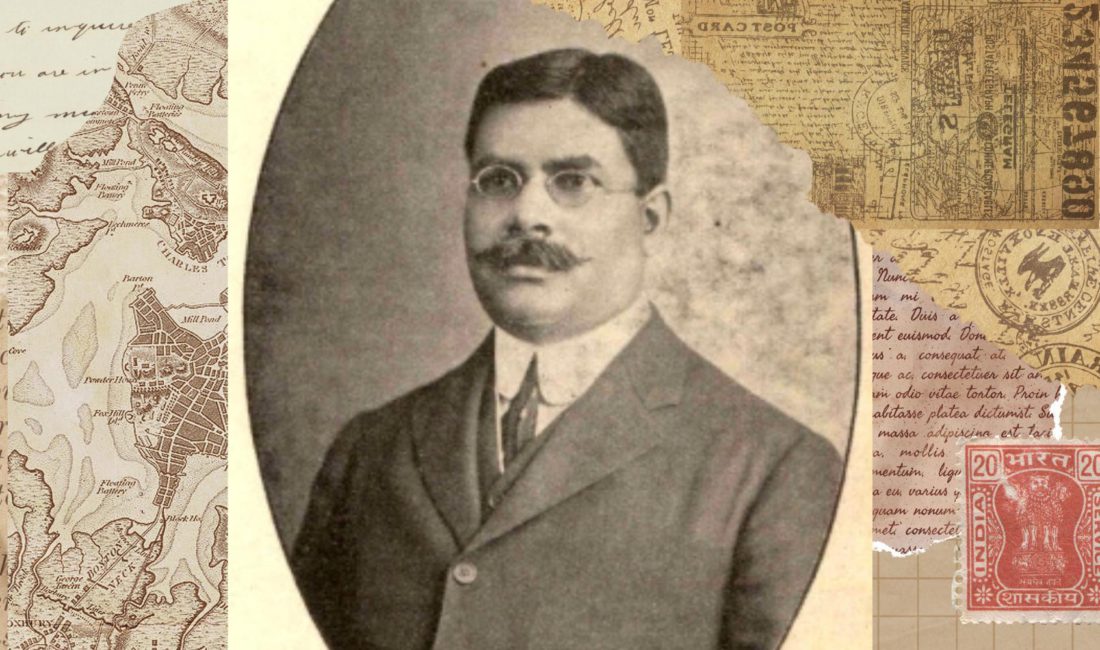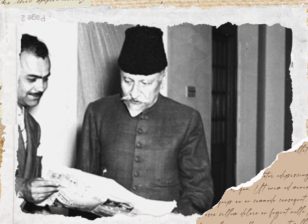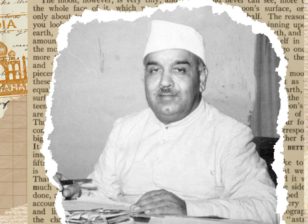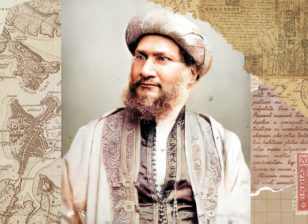Hasan Imam: The Barrister, Reformer, and Nation-Builder You Should Know About
One towering yet under-recognized figure in India’s anticolonial history is Hasan Imam, a barrister, reformer, and political visionary from Bihar whose legacy continues to shape India’s democratic and social fabric. A man of intellect and conviction, Imam was not only a brilliant legal mind but also a dedicated educationist, a media pioneer, and an unwavering advocate for the rights of women and Dalits. On his death in 1933, India lost a giant whose name deserves to be remembered alongside the most celebrated figures of the freedom struggle.
Here’s a closer look at the life and impact of Hasan Imam, a nation-builder whose story demands to be told.
- A leader on the global stage
Hasan Imam was only the second Indian to represent the country at the League of Nations. He was also a key member of the Khilafat Delegation that traveled to England in 1919 and worked closely with Edwin Samuel Montagu, then Secretary of State for India, during the early conception of political reforms in the colony. In September 1918, he was elected President of the Indian National Congress.
- Patna roots, global ambitions
Born on August 31, 1871, in Neora village of Patna district, Hasan Imam came from a prominent family. He was the son of Syed Imdad Imam and the younger brother of Sir Ali Imam. After his early education in Patna, he traveled to England in 1889 to study law. There, he quickly became a student leader—serving as Secretary of the Indian Society (under President Dadabhoy Naoroji) and the Anjuman Islamia of London.
- A brilliant legal mind
Upon returning to India in 1892, Hasan Imam began practicing law at the Calcutta High Court. He later served as a judge there from 1912 to 1916, before moving to Patna following the establishment of the Patna High Court. He gained a national reputation as an authority on Hindu law—often astonishing even seasoned Sanskrit scholars with his deep understanding of religious texts and scriptures.
- Founding father of Bihar’s political voice
In 1909, he became the first president of the newly established Bihar Provincial Congress Committee in Sonepur. That same year, he presided over the fourth session of the Bihar Students Conference and a provincial Congress session. He also played an active role in the Indian Home Rule Movement in 1916.
- Leading the Congress at a critical time
Hasan Imam presided over a special session of the Indian National Congress in Bombay from August 29 to September 1, 1918. That same year, he was elected President of the All India Congress—at a time when India’s freedom movement was gaining momentum.
- From legislative halls to protest lines
In 1921, he became a member of the Bihar and Orissa Legislative Council. In 1927, he led the boycott of the Simon Commission in Bihar. And in 1930, he actively joined the Civil Disobedience Movement. He was among the first Congress leaders to express moral support for Gandhi’s satyagraha campaign against the Rowlatt Act.
- The man who put Bihar on the map
One of Hasan Imam’s most lasting legacies was his role in separating Bihar from Bengal, helping establish Bihar as a distinct province in 1912. In 1914, he even hosted Lord Hardinge—the first time a Viceroy of India visited a barrister’s private residence. Imam was also the founder of two powerful nationalist newspapers: Searchlight and Bihari.
- Champion of education and social reform
A committed reformer, Hasan Imam was a vocal advocate for women’s education and Dalit rights. He served as a trustee of both Aligarh and Banaras colleges and generously supported Patna’s B.N. College, donating Rs. 1,000 annually—an impressive sum at the time.
- A legacy of courage and conviction
Hasan Imam’s life was dedicated to India’s freedom, justice, and upliftment of the marginalized. He passed away on April 19, 1933, in the village of Japla in Bihar’s Shahabad district—but his contributions live on in the institutions he shaped, the causes he championed, and the state he helped create.




